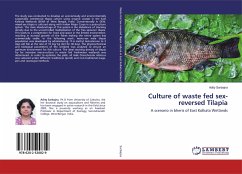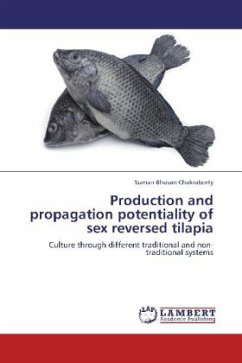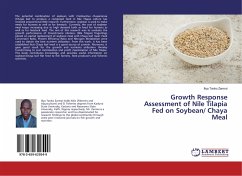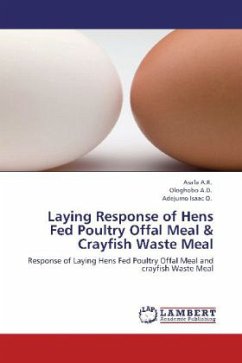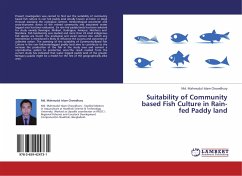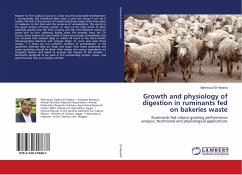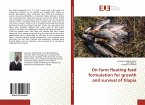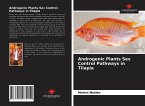The study was conducted to develop an economically and environmentally sustainable commercial tilapia culture using organic wastes in the East Kolkata Wetlands (EKW) of West Bengal, India. Conventionally in EKW, mixed-sex tilapia is cultured along with Indian Major Carps in a poly-culture system. The main disadvantage of this system is the disbalance of stocking density due to the uncontrolled multiplication of the free spawner tilapia. This leads to a competition for food and space in the limited environment, resulting in stunted growth of the fishes making the entire system less commercially viable. In the following work, mono-sex male tilapia population was developed by administering 17- methyl testosterone to 3 days old fish at the rate of 10 mg/ kg diet for 30 days. The physicochemical and biological parameters of the wetland was analysed to ensure an optimum environment for fish culture. The ideal stocking density of tilapia fry for intensive mono-culture in waste fed freshwater wetlands was determined. In order to optimize the yield, all male Oreochromis niloticus was cultured under different traditional (pond) and non-traditional (cage, pen and raceways) methods.
